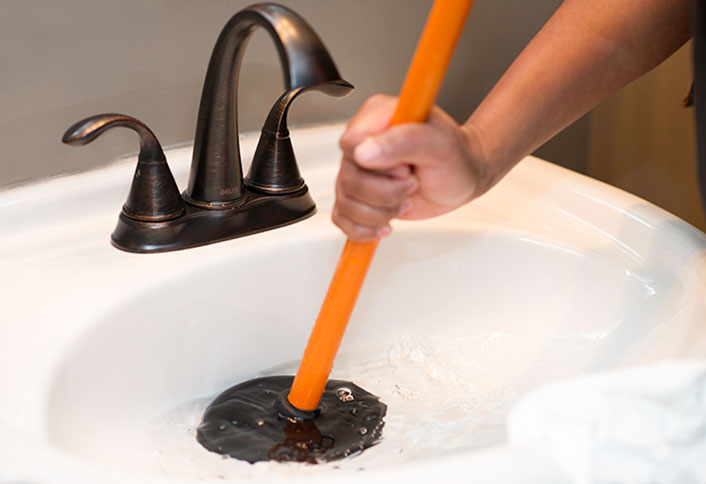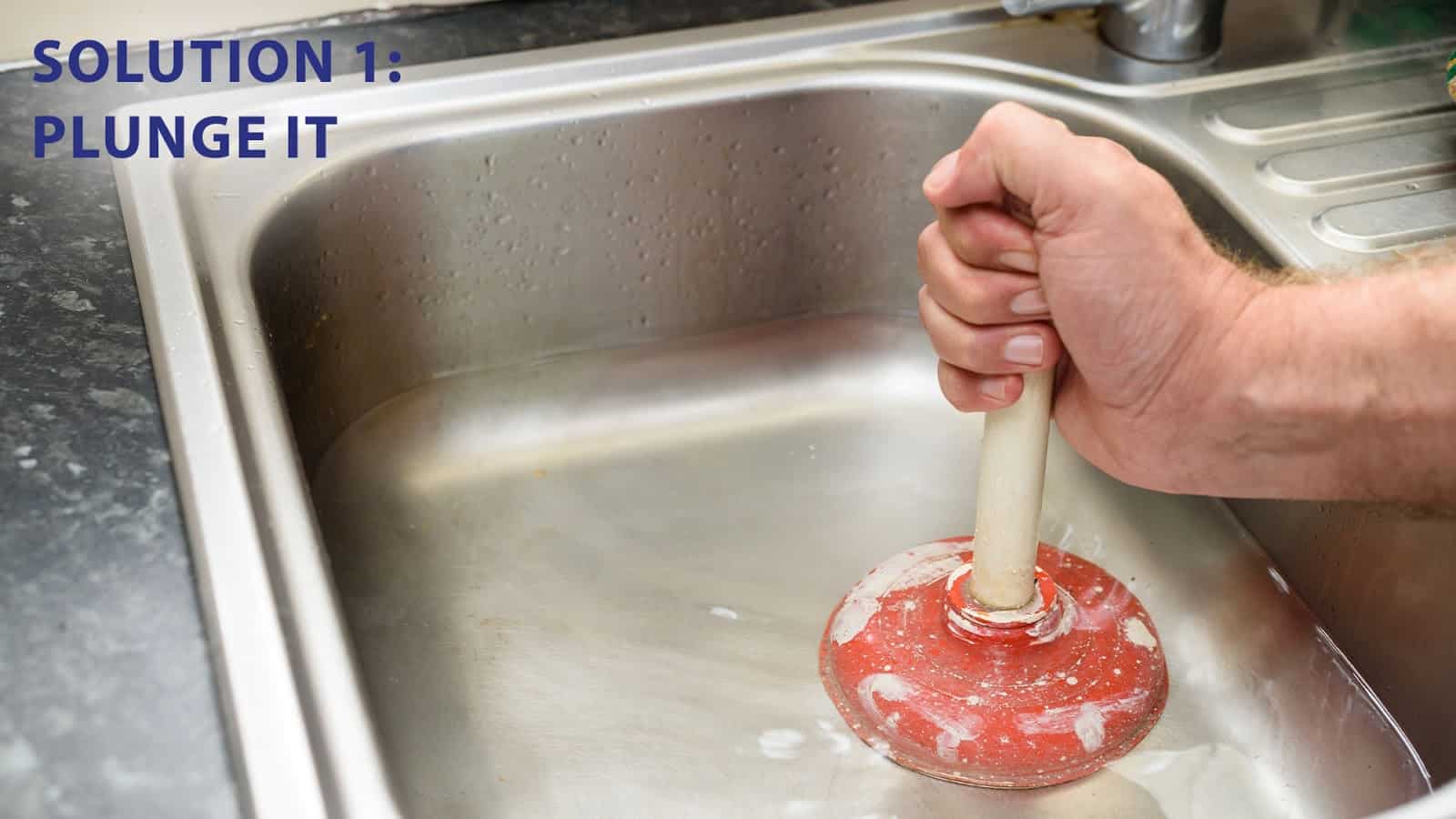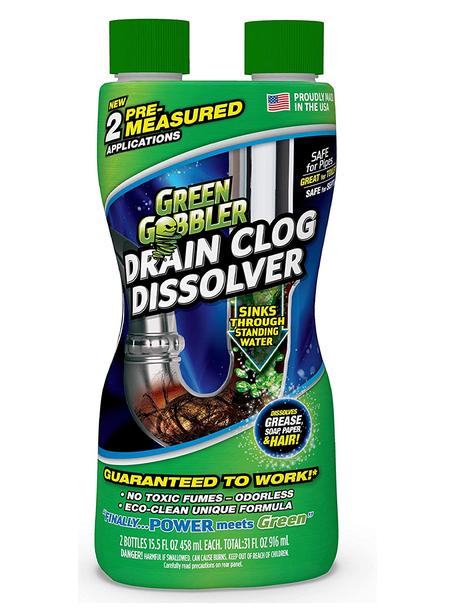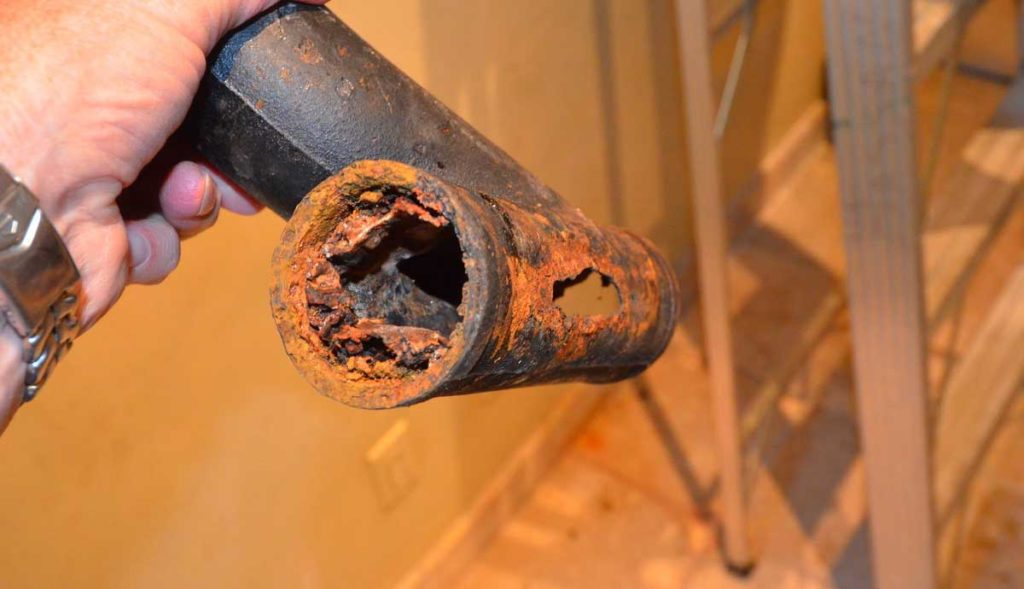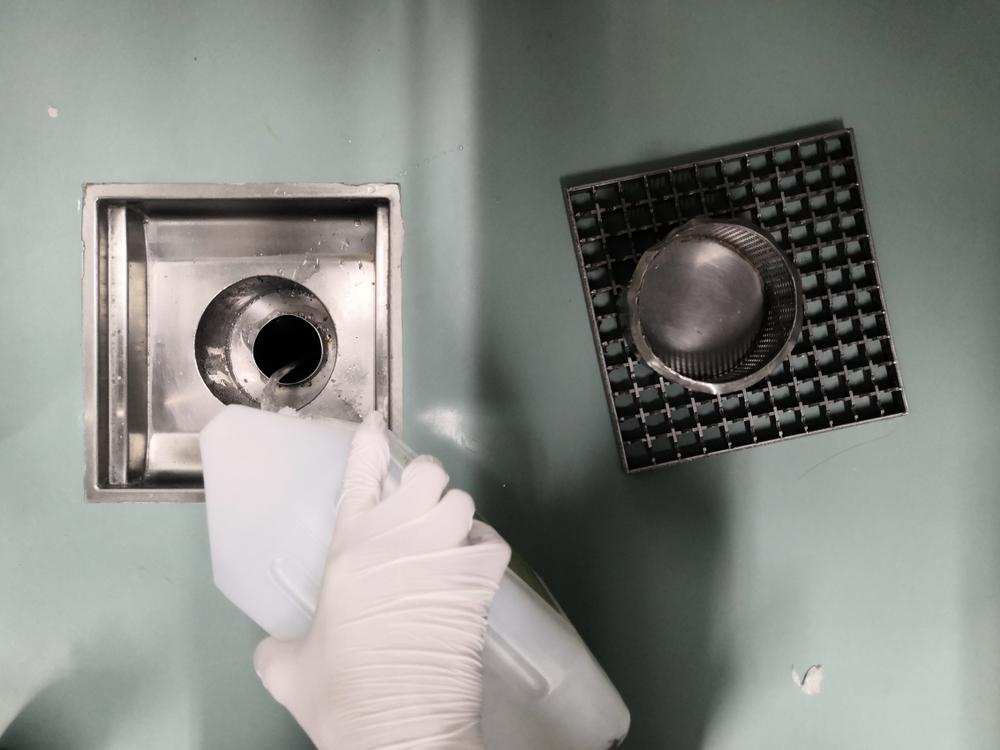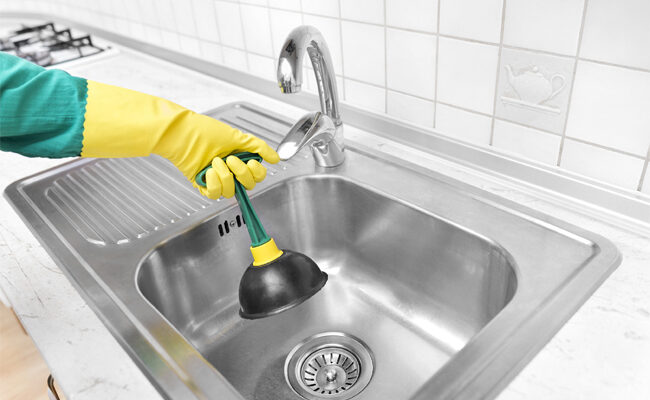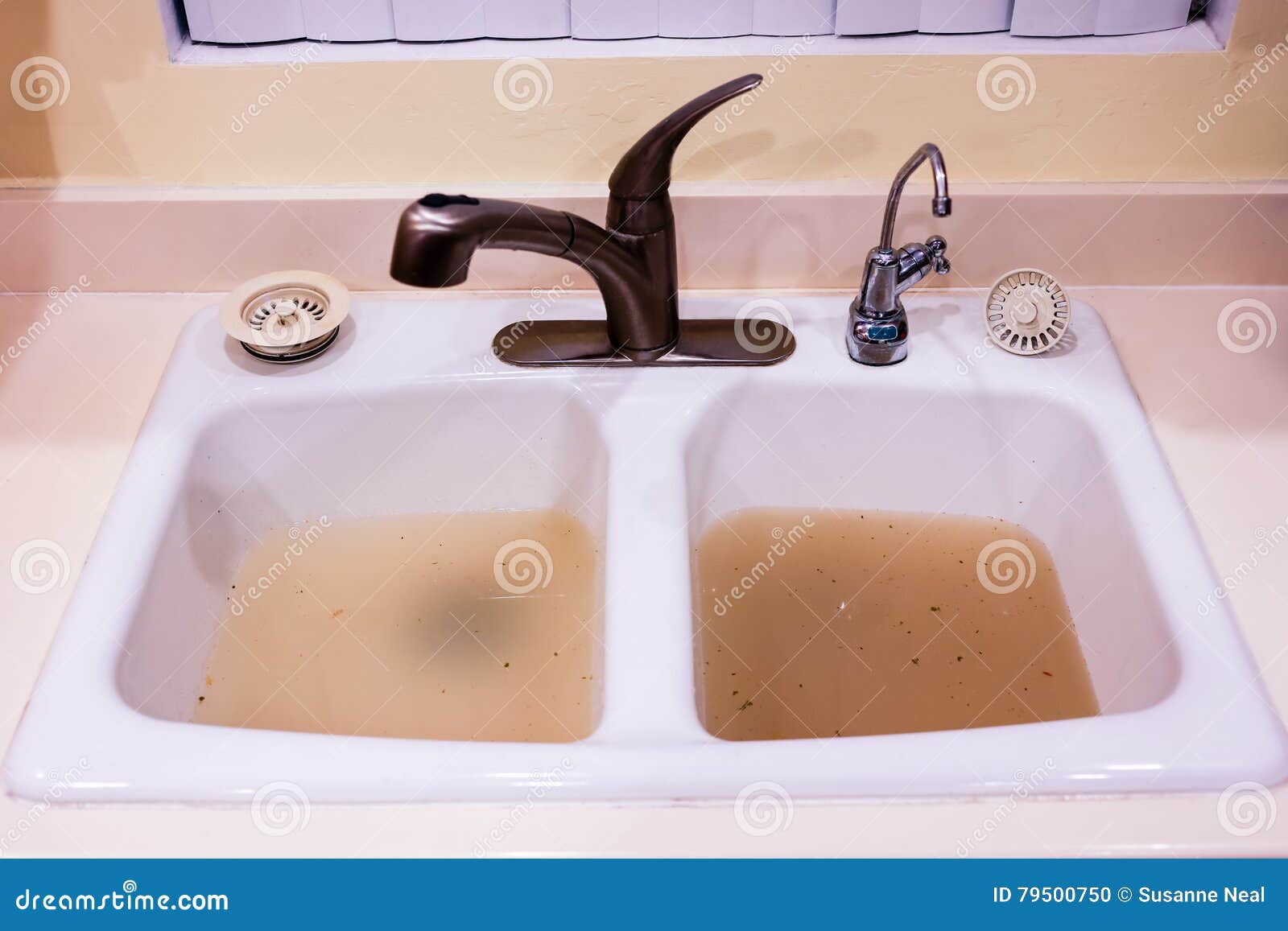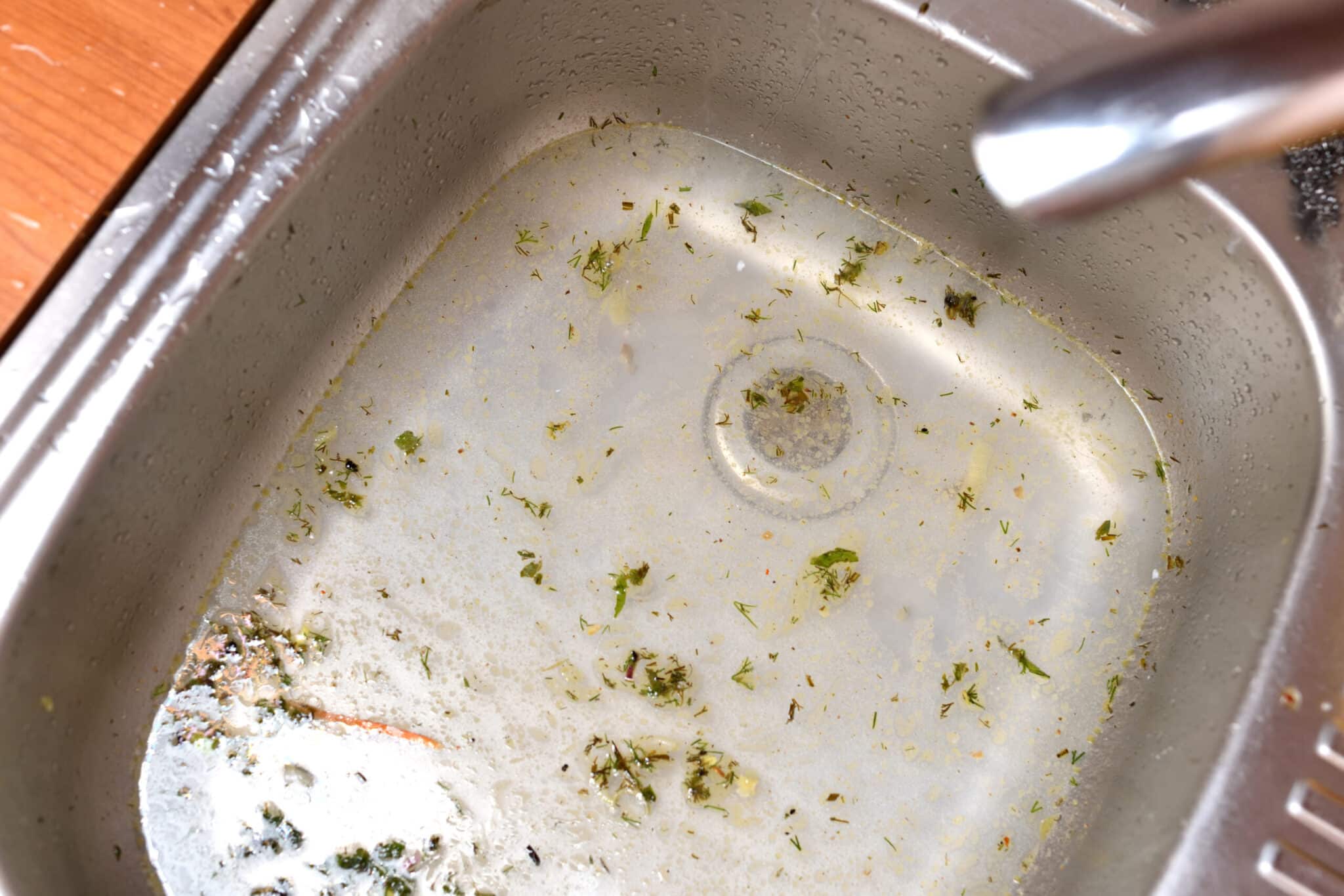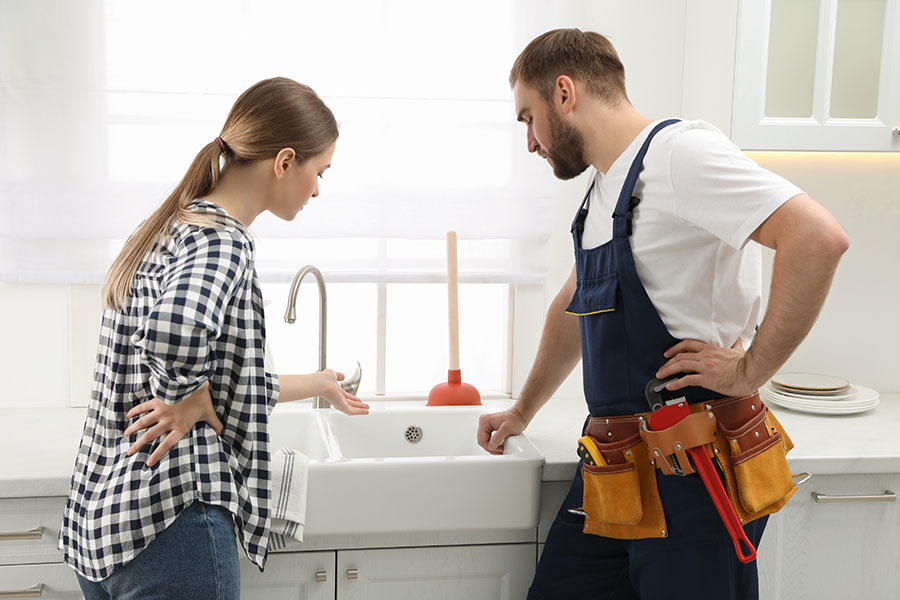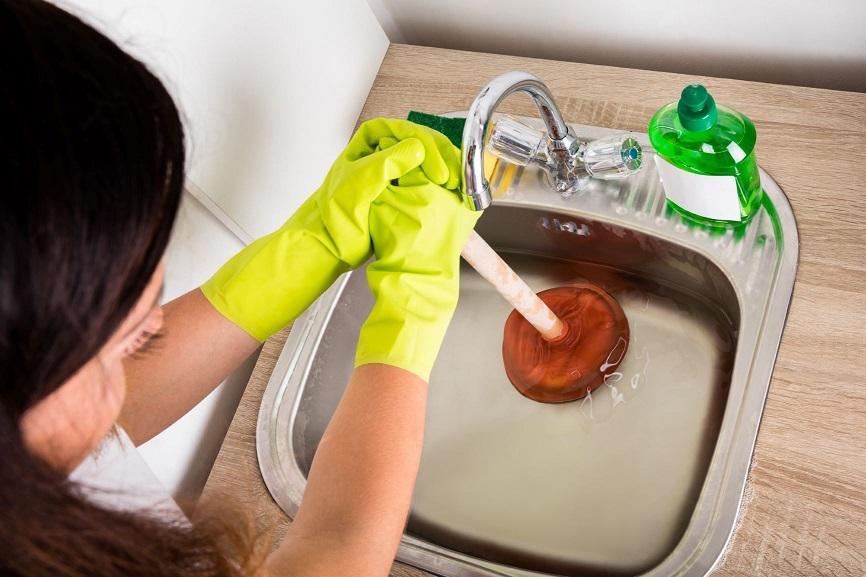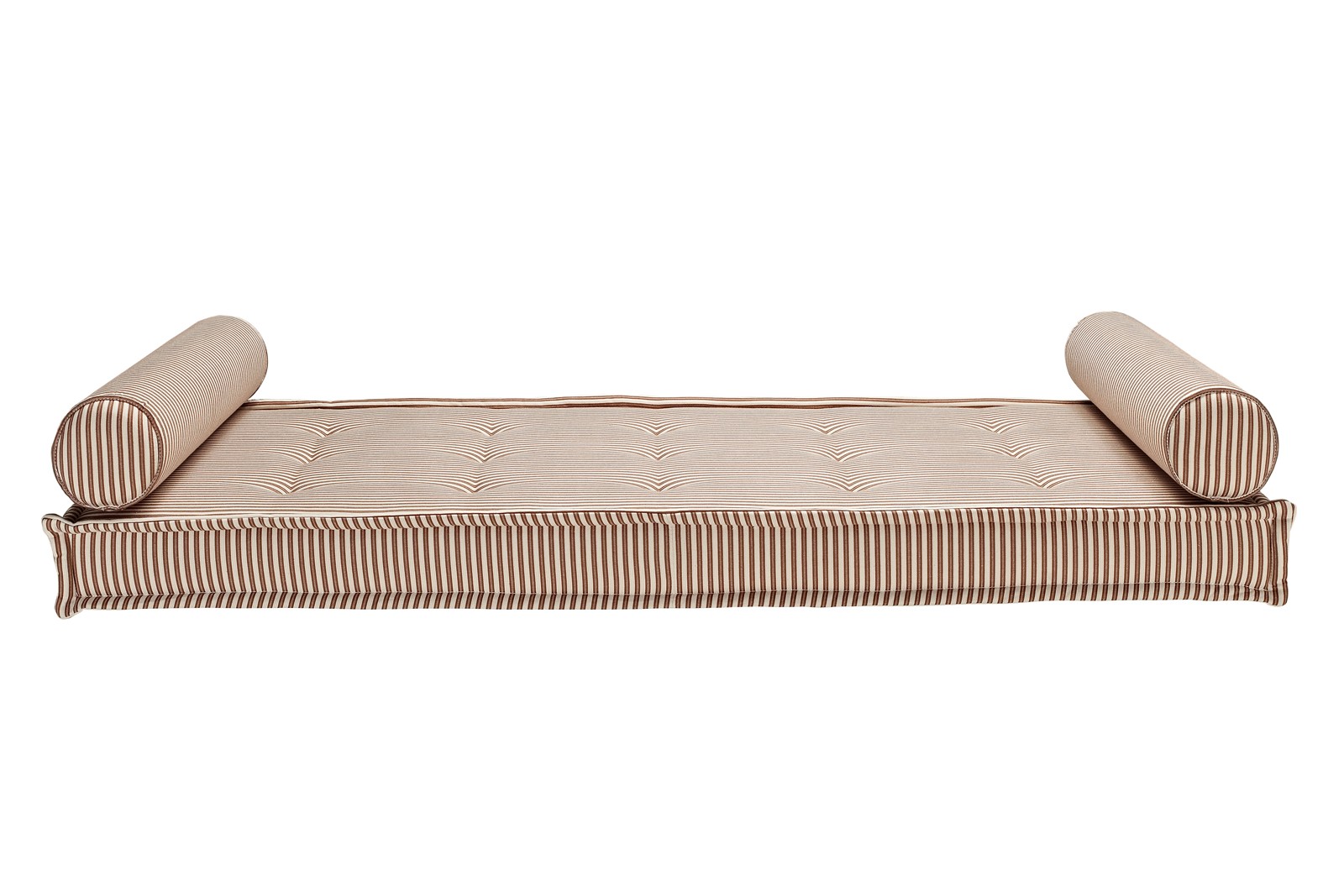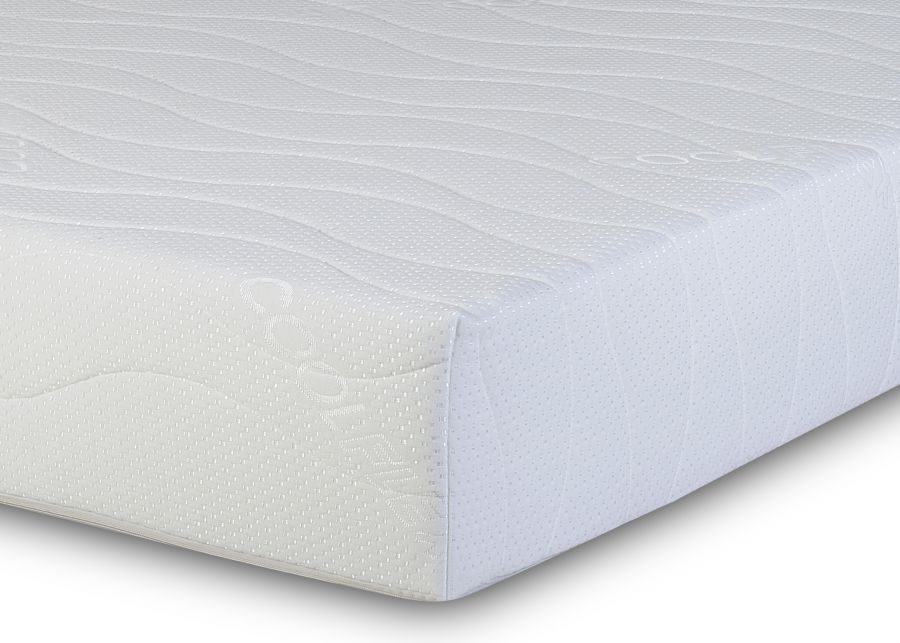Dealing with a kitchen sink that won't drain can be a frustrating and messy experience. Not only does it make it difficult to do dishes or prepare food, but the stench of standing water can also be unbearable. Luckily, there are several methods you can try to unclog your kitchen sink and get the water flowing freely again.Unclogging a Kitchen Sink
The first step in fixing a backed up kitchen sink is to determine the cause of the clog. In many cases, the culprit is food scraps, grease, and other debris that have accumulated in the drain pipe. To fix this, you can try using a plunger to dislodge the clog. Place the plunger over the drain and push down and up several times to create suction. This can often loosen the clog and allow it to move down the drain.How to Fix a Backed Up Kitchen Sink
If the plunger doesn't work, you can try using a plumbing snake to clear the clog. This tool is designed to navigate through the curves of your drain pipe and break up any blockages. Insert the snake into the drain and turn the handle to push it down the pipe. When you encounter resistance, twist and push the snake to break up the clog.Kitchen Sink Drain Clogged
If you're feeling confident in your DIY skills, you can attempt to repair a clogged kitchen sink drain on your own. Start by removing the strainer and cleaning it thoroughly. Then, use a flashlight to inspect the drain pipe and remove any visible debris. You may also want to try using a mixture of baking soda and vinegar to dissolve any remaining clogs. Simply pour a cup of baking soda down the drain, followed by a cup of vinegar. Let it sit for 15-20 minutes, then flush with hot water.DIY Kitchen Sink Drain Repair
Prevention is always better than a cure, so it's essential to understand the common causes of kitchen sink backups and take steps to avoid them. One of the most significant culprits is pouring grease down the drain. Grease hardens as it cools, creating a stubborn blockage that can be difficult to remove. You should also avoid putting fibrous foods, like potato peels and corn husks, down the drain as they can get tangled and cause clogs.Common Causes of Kitchen Sink Backups
To prevent future clogs in your kitchen sink, it's essential to be mindful of what you put down the drain. Always scrape leftover food into the trash before washing dishes, and wipe greasy pans with a paper towel before washing them. You can also install a mesh strainer over the drain to catch any food scraps that may accidentally go down.How to Prevent Kitchen Sink Clogs
If your kitchen sink is constantly backing up and clogging, there may be an underlying plumbing issue that needs to be addressed. Regular maintenance of your pipes, such as using a natural drain cleaner or having them professionally cleaned, can help prevent clogs from forming. It's also a good idea to have a plumber inspect your pipes for any potential problems, such as tree roots invading the pipes or corrosion.Plumbing Tips for Dealing with a Backed Up Kitchen Sink
As mentioned earlier, a plunger can be an effective tool for clearing a clogged kitchen sink drain. However, it's essential to use the right type of plunger. A sink plunger, also known as a cup plunger, is designed for use on flat surfaces like sinks and bathtubs. It has a flat bottom and a smaller cup than a toilet plunger, making it easier to create suction and loosen clogs.Using a Plunger to Clear a Clogged Kitchen Sink
If DIY methods and plungers aren't doing the trick, you can try using a chemical drain cleaner to break up the clog. However, these products can be harsh and damaging to your pipes, so use them sparingly and follow the instructions carefully. It's also a good idea to wear protective gloves and goggles when handling chemical drain cleaners.Chemical Drain Cleaners for Kitchen Sinks
If none of the above methods work to unclog your kitchen sink, it may be time to call in a professional plumber. They have the tools and expertise to handle even the toughest clogs and can also identify and fix any underlying issues with your plumbing. Additionally, if you have an older home with outdated pipes, it may be best to leave the job to a professional to avoid causing further damage.When to Call a Professional for a Clogged Kitchen Sink
Kitchen Sink Water Comes Back Up: Causes and Solutions

Causes of Kitchen Sink Water Coming Back Up
 When you notice that the water in your kitchen sink is not draining properly and is instead coming back up, it can be a frustrating and unpleasant experience. This issue is not only inconvenient but can also be a sign of a more serious underlying problem. There are several possible causes for kitchen sink water coming back up, some of which can be easily fixed while others may require professional assistance.
One common cause of this problem is a clogged drain. Over time, debris and grease can build up in the pipes, causing blockages that prevent water from flowing freely. This can also lead to foul odors and slow drainage in other areas of the house. Another potential cause is a damaged or old plumbing system, which can result in leaks or cracks that allow water to escape and create backups in the sink.
When you notice that the water in your kitchen sink is not draining properly and is instead coming back up, it can be a frustrating and unpleasant experience. This issue is not only inconvenient but can also be a sign of a more serious underlying problem. There are several possible causes for kitchen sink water coming back up, some of which can be easily fixed while others may require professional assistance.
One common cause of this problem is a clogged drain. Over time, debris and grease can build up in the pipes, causing blockages that prevent water from flowing freely. This can also lead to foul odors and slow drainage in other areas of the house. Another potential cause is a damaged or old plumbing system, which can result in leaks or cracks that allow water to escape and create backups in the sink.
Solutions for Kitchen Sink Water Coming Back Up
 If you are experiencing this issue, the first step is to try and clear out any clogs in the drain. You can use a plunger or a drain snake to remove any obstructions and get the water flowing again. Another option is to use a mixture of baking soda and vinegar to break down any buildup in the pipes. If these DIY methods do not work, it may be time to call a professional plumber to assess the situation and provide a more permanent solution.
In some cases, the cause of kitchen sink water coming back up may be related to the overall design of your house. Poorly designed plumbing systems can lead to frequent clogs and backups, so it is important to consider this aspect when building or remodeling your home. It is also crucial to properly maintain and clean your drains regularly to prevent any future issues.
In conclusion
, dealing with kitchen sink water coming back up can be a frustrating and messy experience. However, by understanding the potential causes and implementing the appropriate solutions, you can prevent this problem from recurring. Be proactive in maintaining your plumbing system and seek professional help if needed to ensure a smooth and functional kitchen sink.
If you are experiencing this issue, the first step is to try and clear out any clogs in the drain. You can use a plunger or a drain snake to remove any obstructions and get the water flowing again. Another option is to use a mixture of baking soda and vinegar to break down any buildup in the pipes. If these DIY methods do not work, it may be time to call a professional plumber to assess the situation and provide a more permanent solution.
In some cases, the cause of kitchen sink water coming back up may be related to the overall design of your house. Poorly designed plumbing systems can lead to frequent clogs and backups, so it is important to consider this aspect when building or remodeling your home. It is also crucial to properly maintain and clean your drains regularly to prevent any future issues.
In conclusion
, dealing with kitchen sink water coming back up can be a frustrating and messy experience. However, by understanding the potential causes and implementing the appropriate solutions, you can prevent this problem from recurring. Be proactive in maintaining your plumbing system and seek professional help if needed to ensure a smooth and functional kitchen sink.
/plumber-unclogging-kitchen-sink-169270382-5797a9355f9b58461f27f024.jpg)






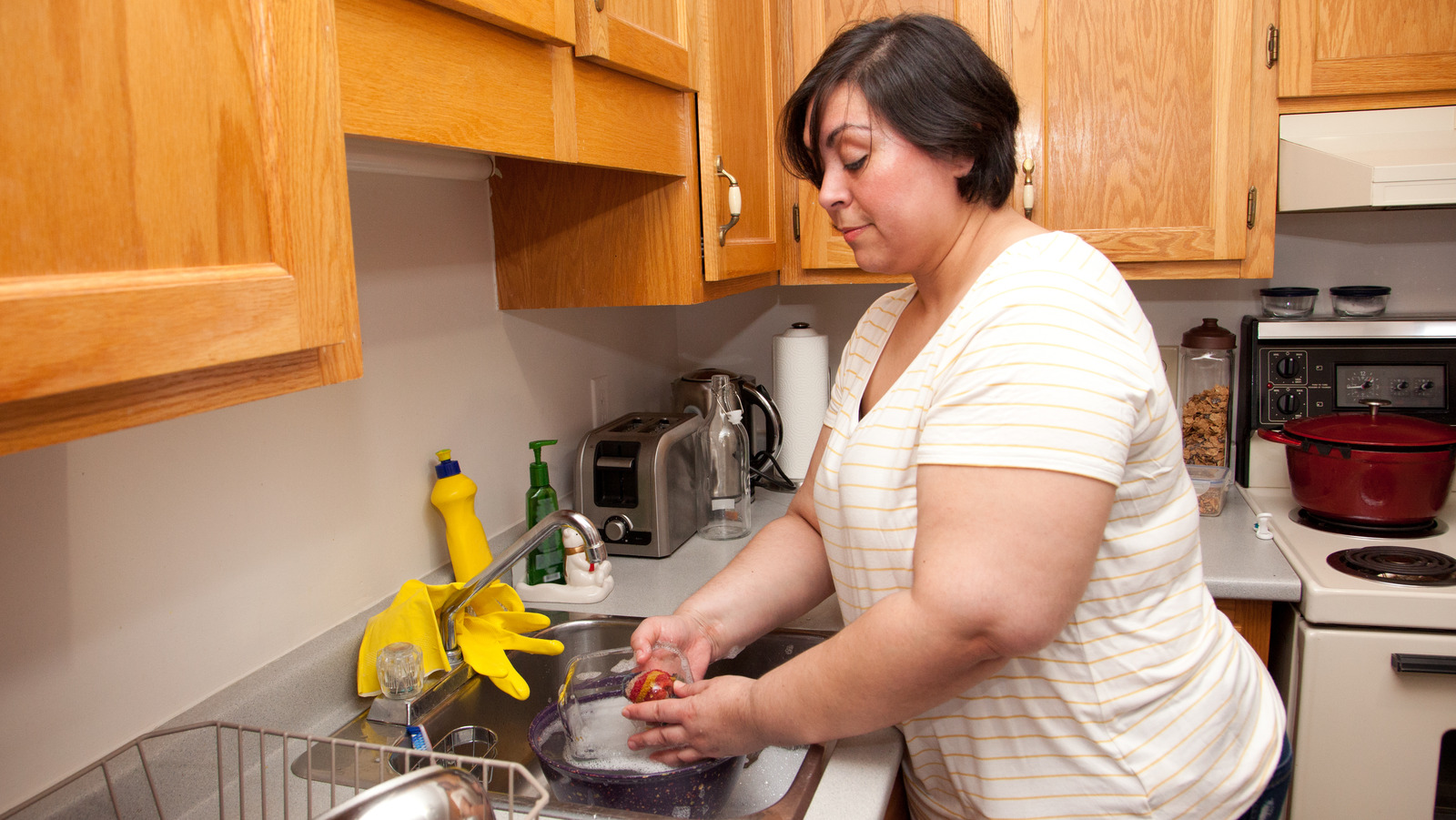
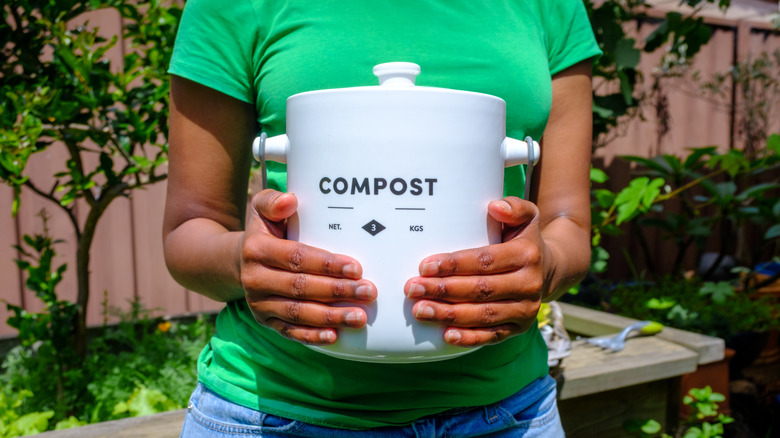
:max_bytes(150000):strip_icc()/how-to-unclog-a-kitchen-sink-2718799_sketch_FINAL-8c5caa805a69493ab22dfb537c72a1b7.png)



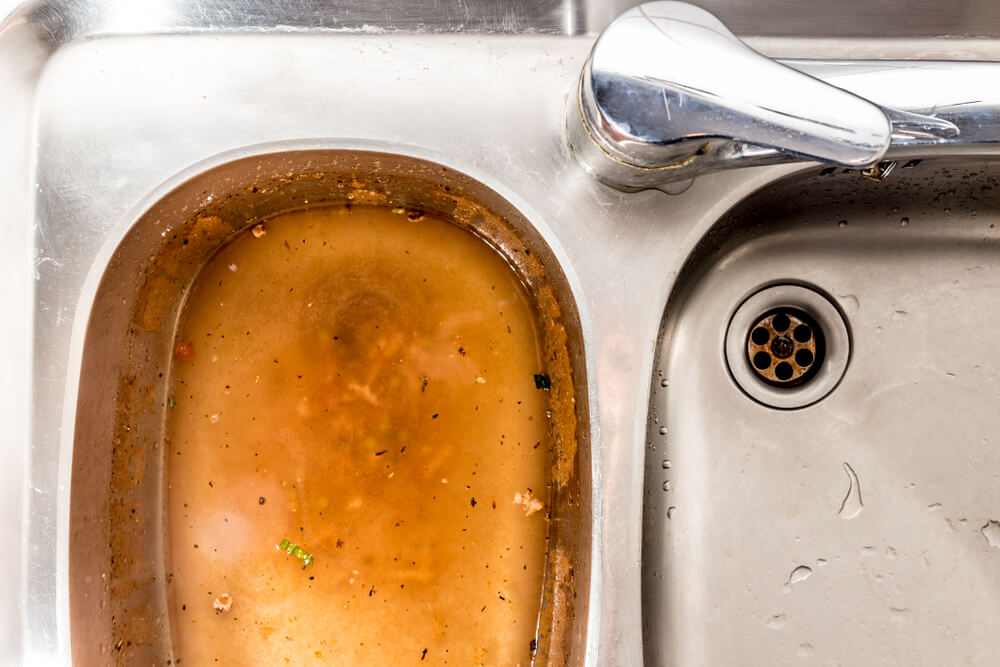
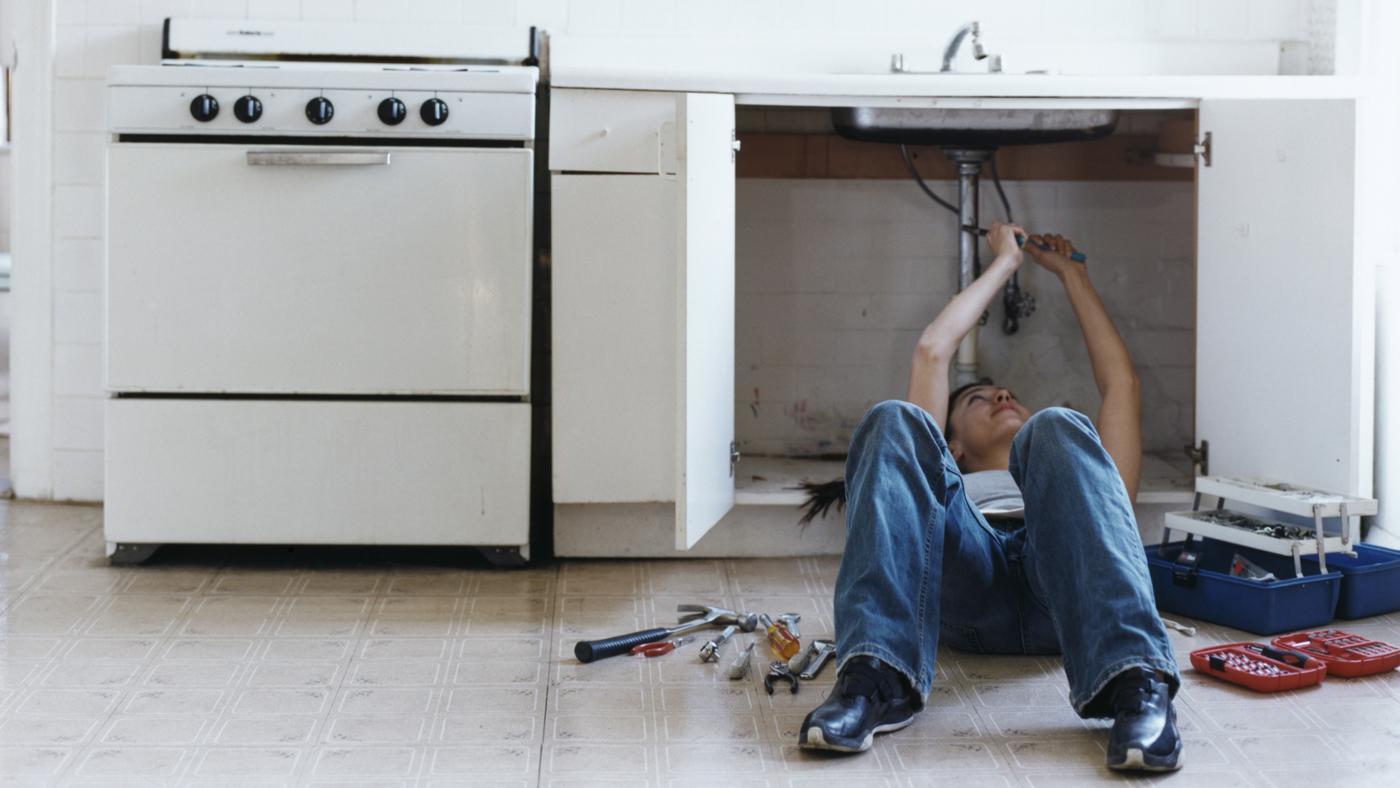






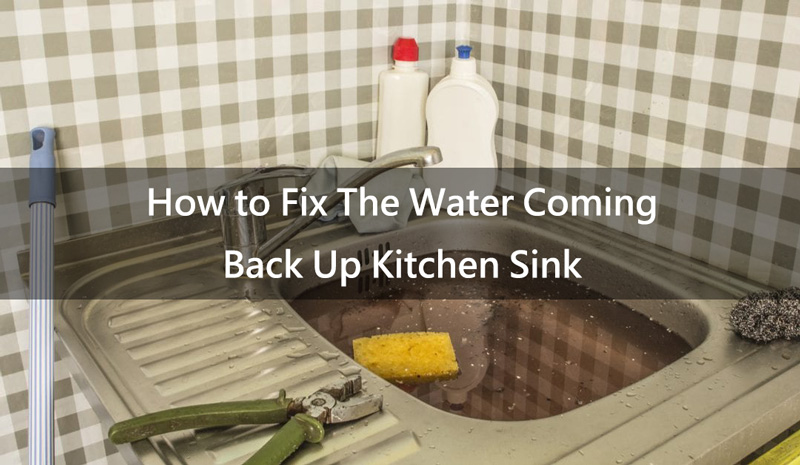







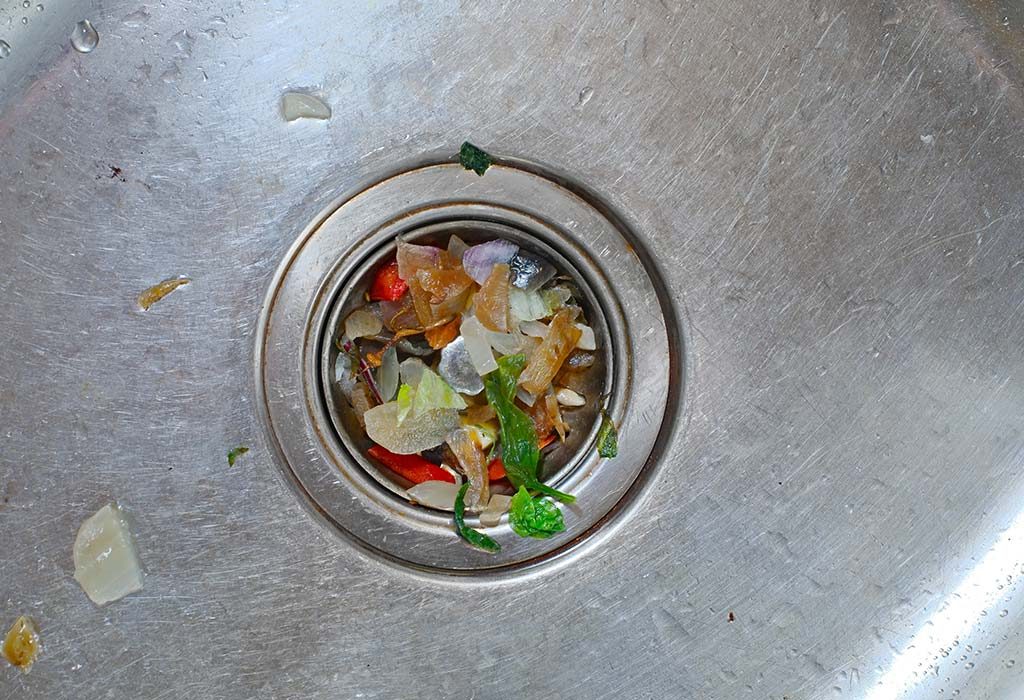






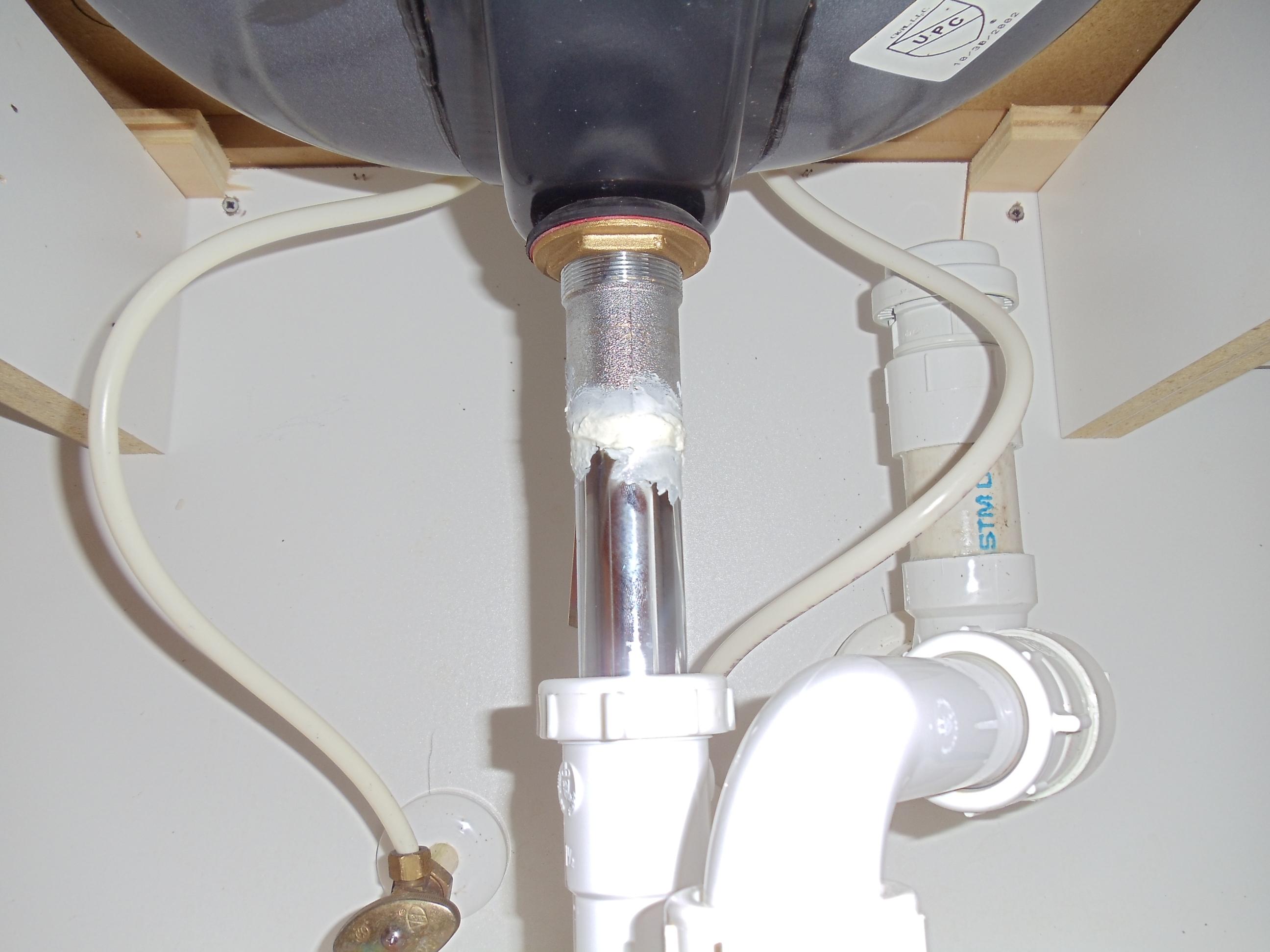







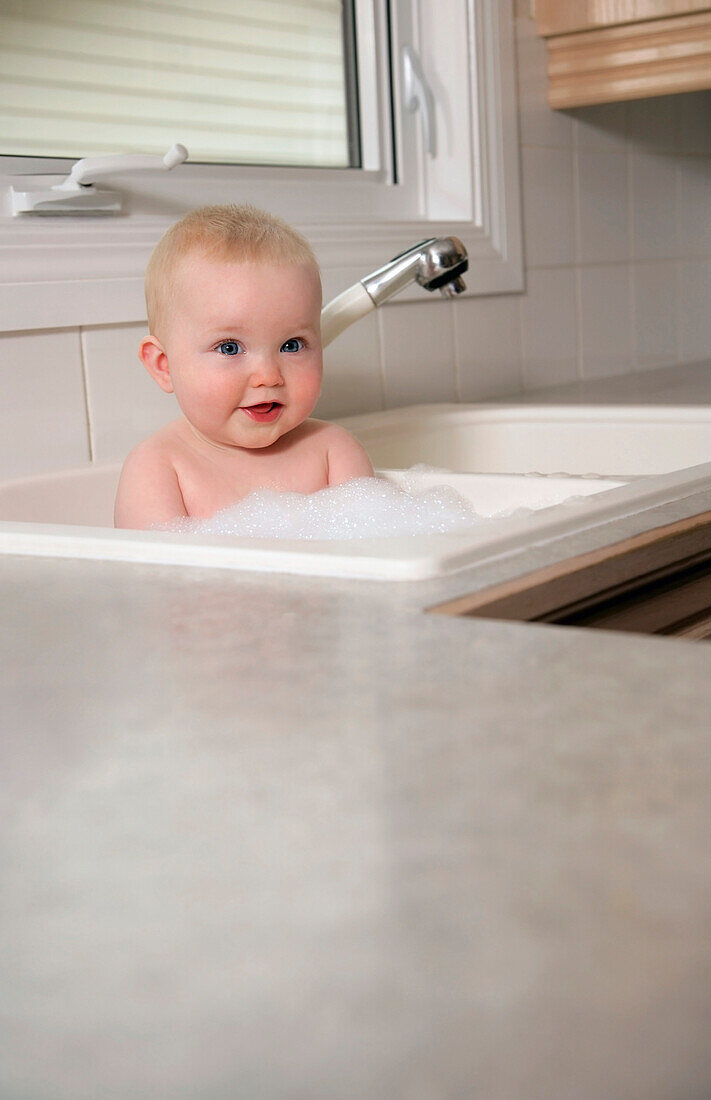


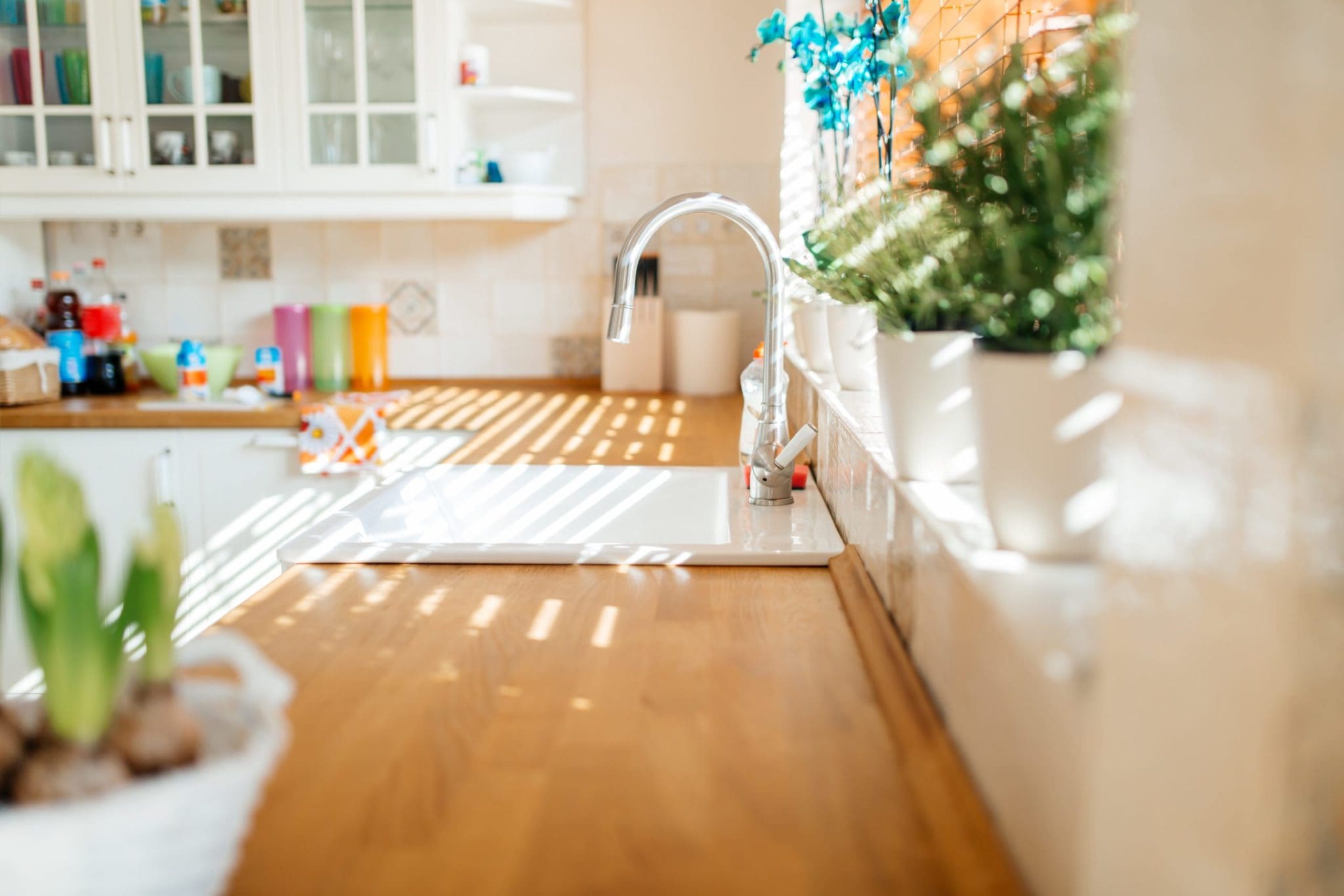









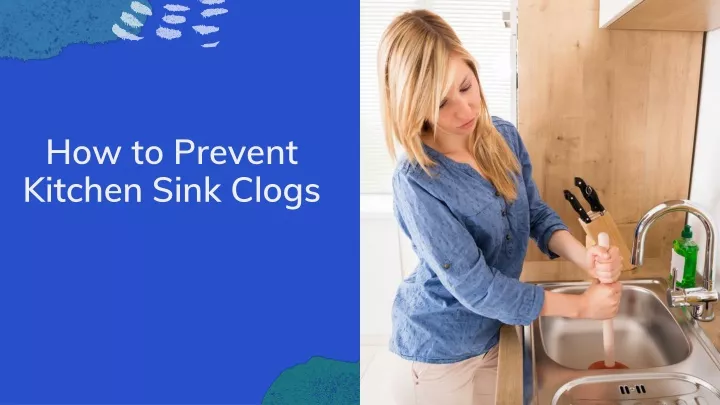

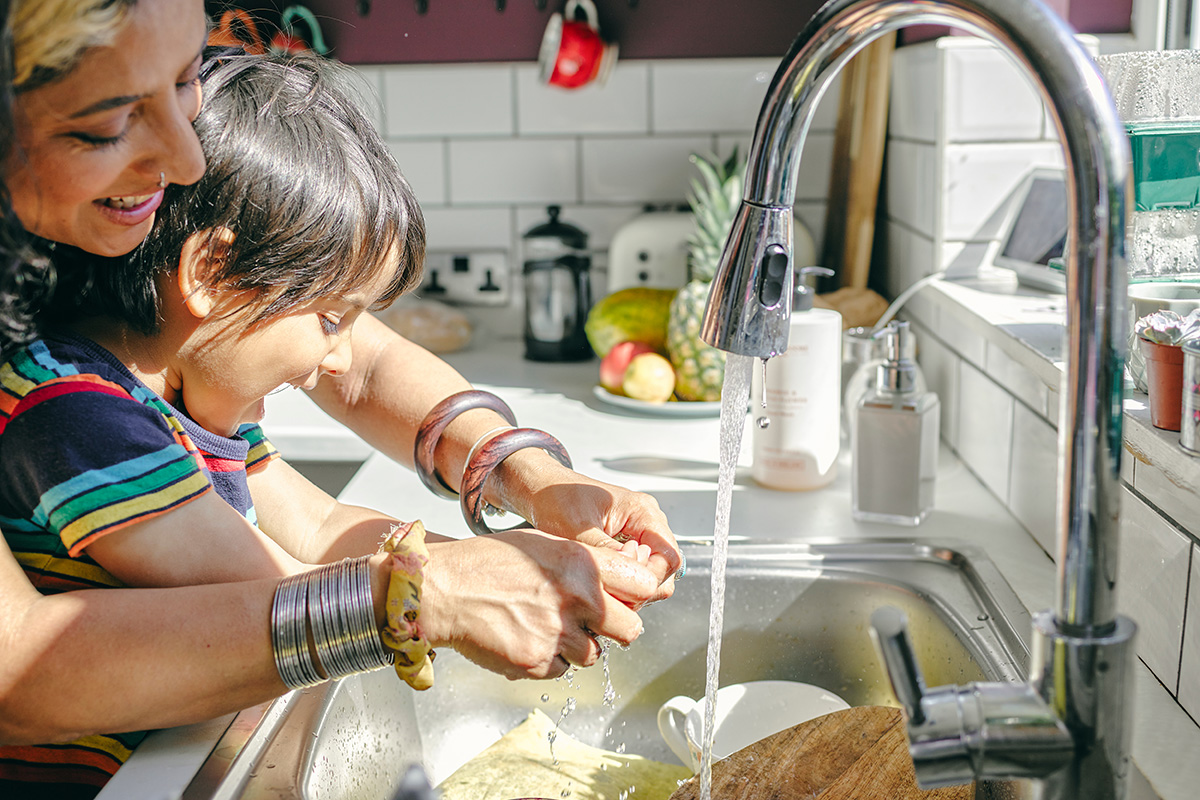
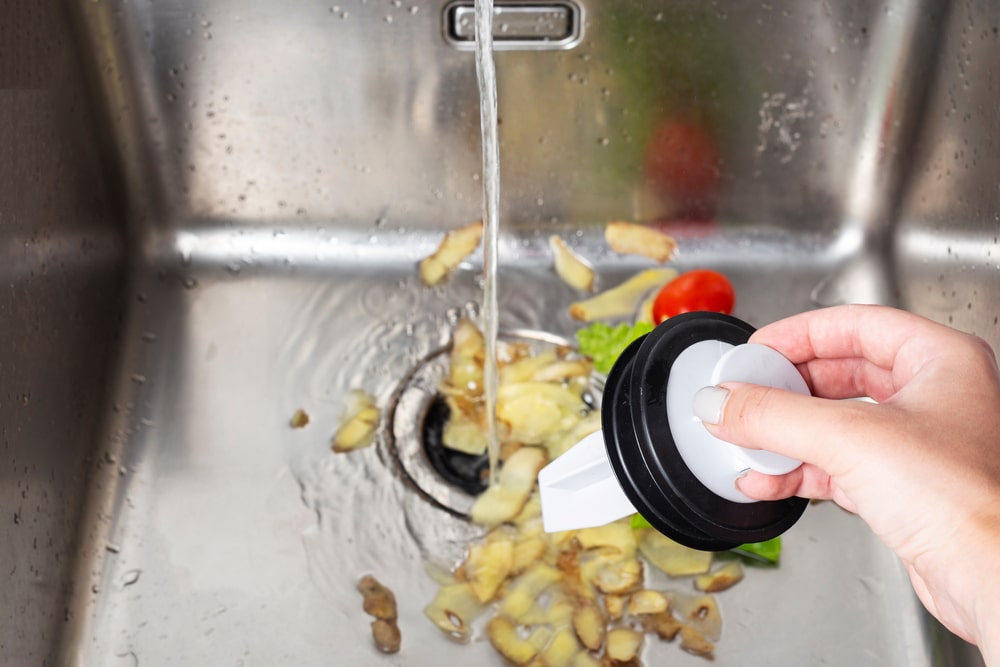


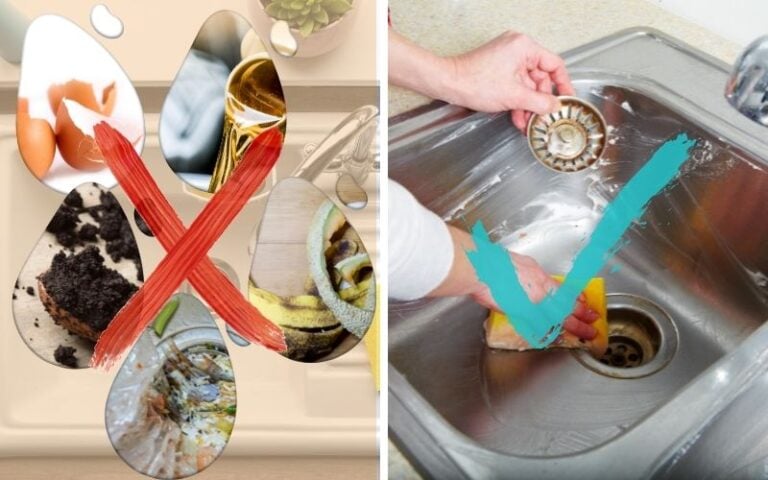


/how-to-install-a-sink-drain-2718789-hero-24e898006ed94c9593a2a268b57989a3.jpg)


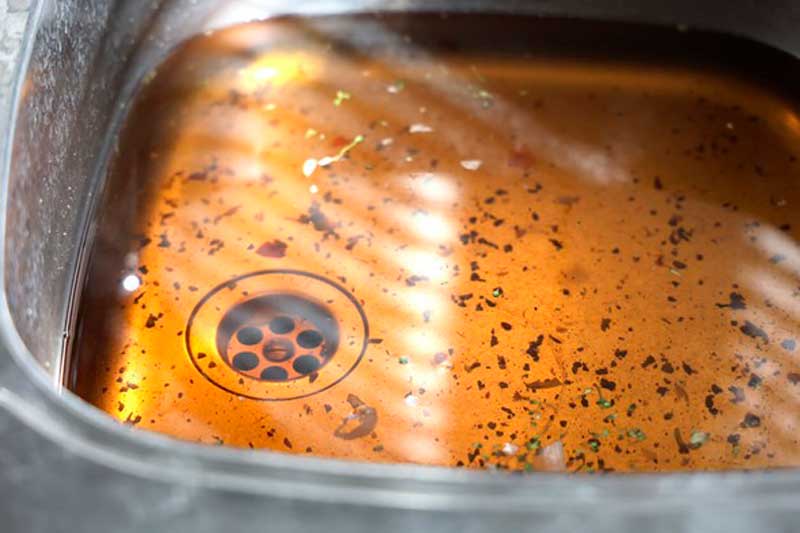

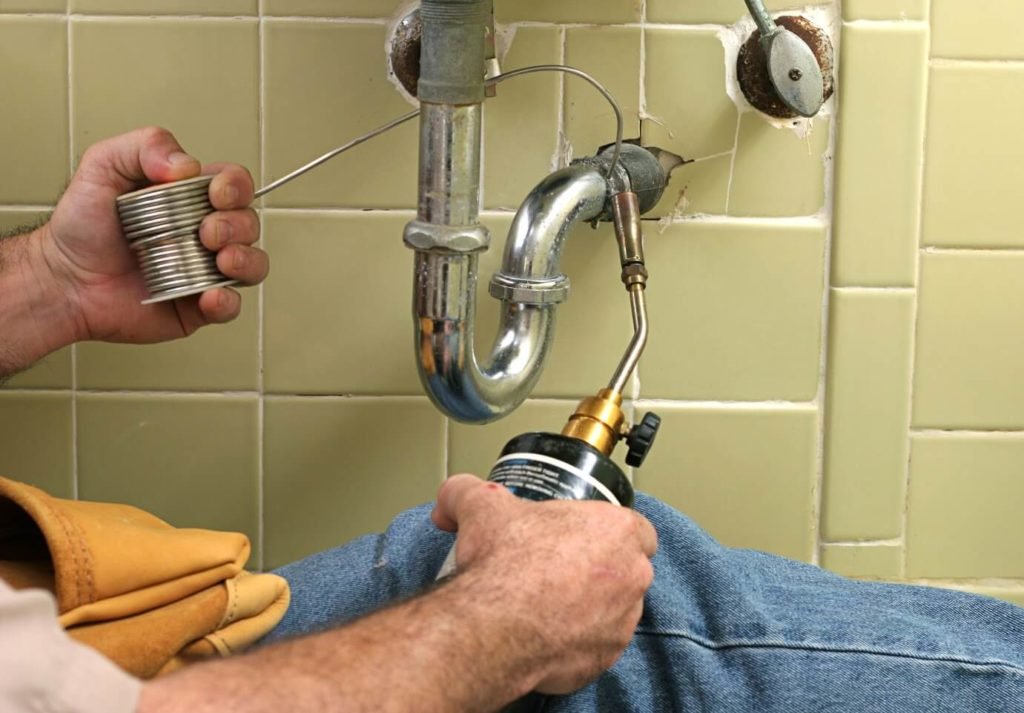


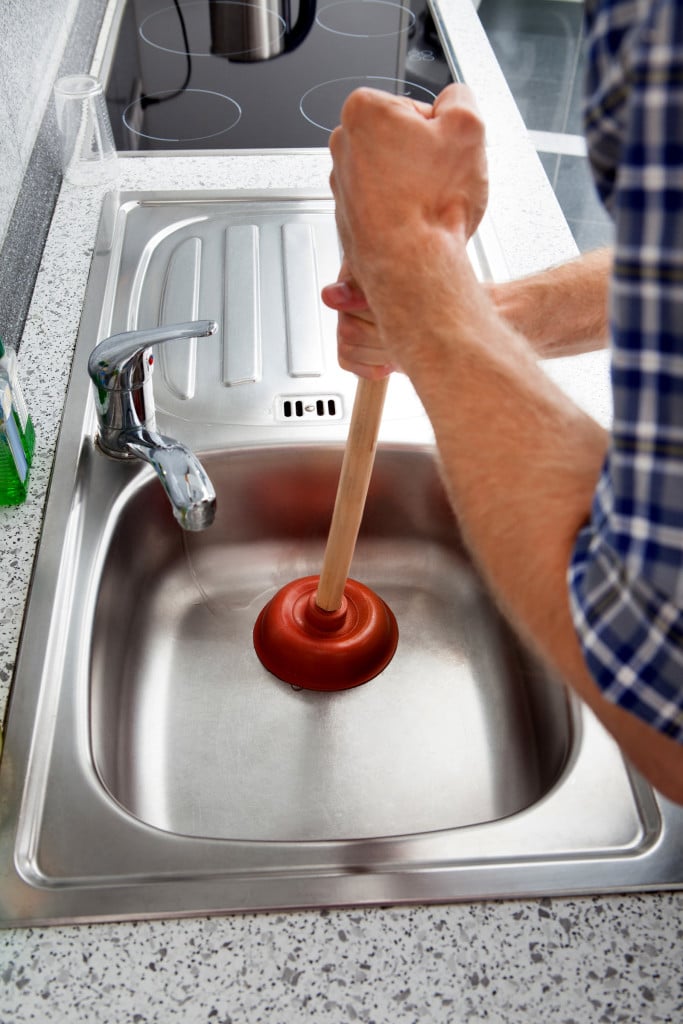
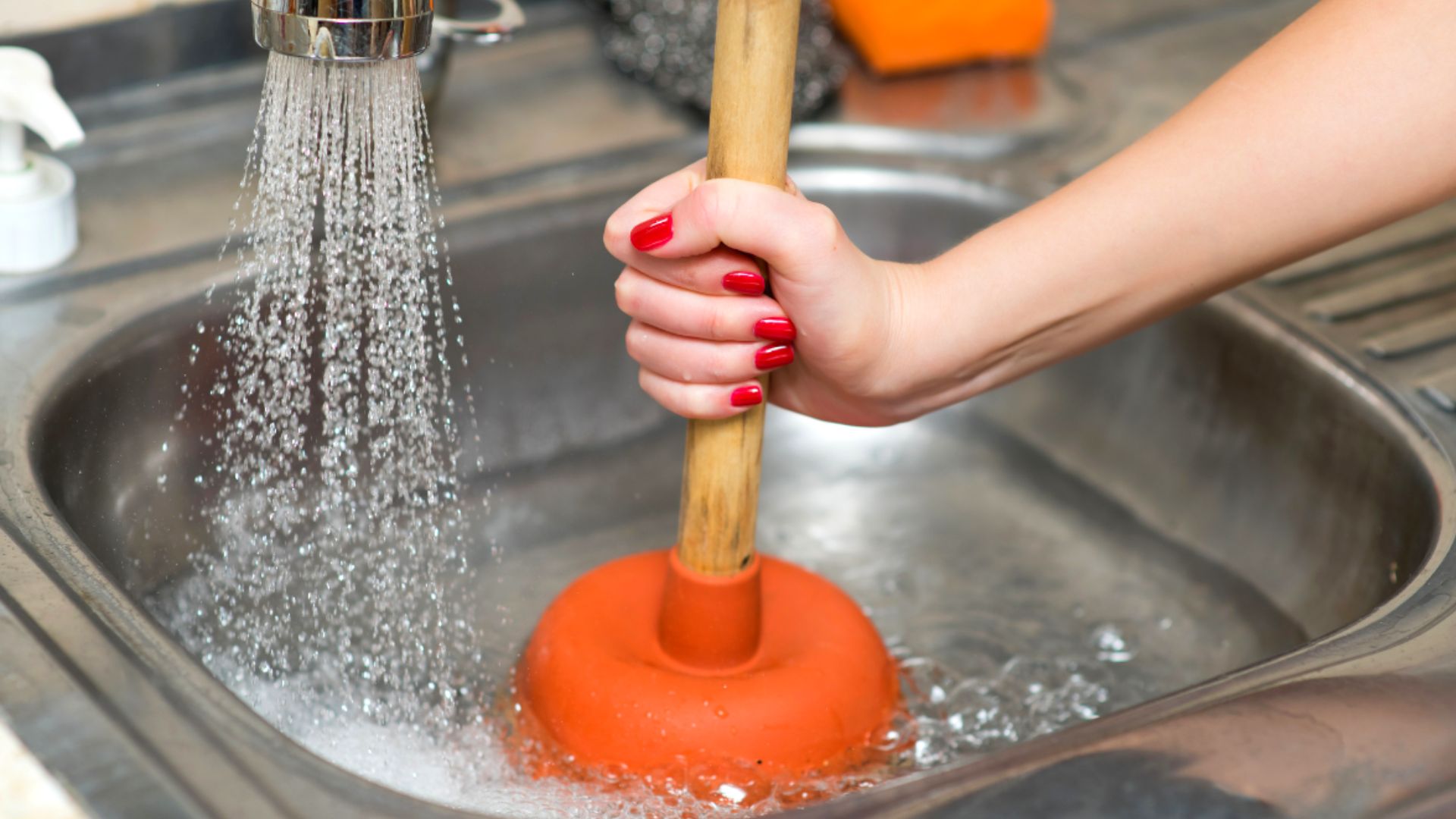




:max_bytes(150000):strip_icc()/woman-wearing-yellow-washing-up-gloves-to-unblock-sink-using-plunger-close-up-131987463-5887cfc03df78c2ccd92ec9e.jpg)
